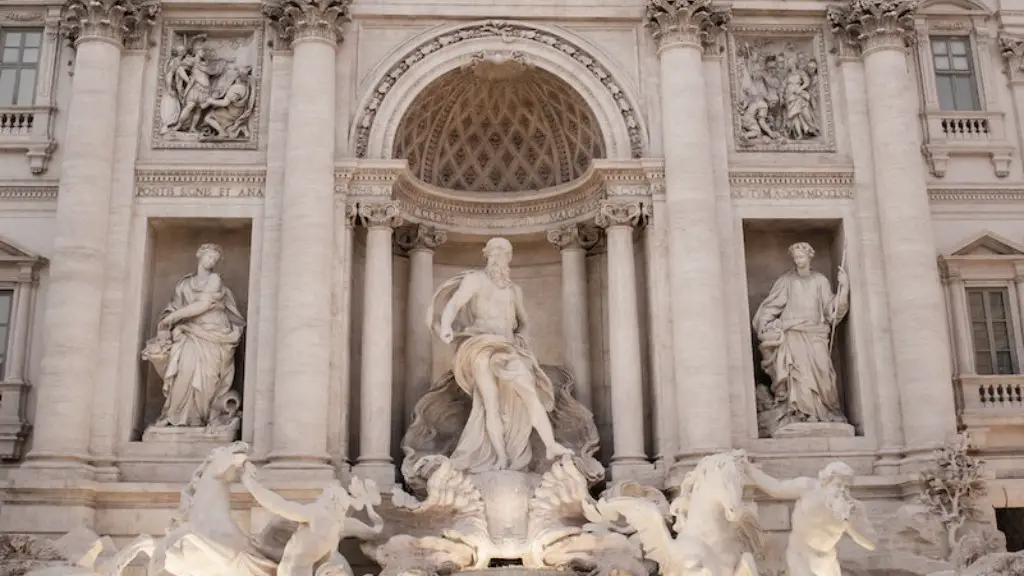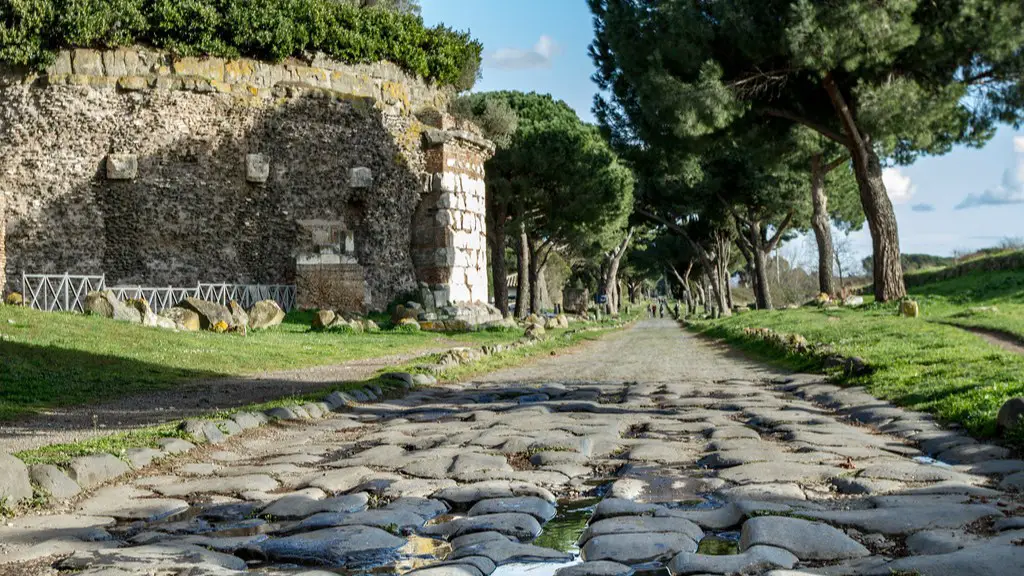Ancient Roman poet Juvenal was known for his biting satires, which often criticized Roman society and its politicians. His work was immensely popular in his own time, and continues to be read and studied today.
Juvenal was a satirist and moralist who is known for his biting wit and harsh commentary on the state of Roman society. He is perhaps best known for his famous line, “Sed quis custodiet ipsos custodes?” (“But who will guard the guards themselves?”), which is often used to describe the problem of corruption and self-interest in those who are supposed to be upholding the law.
What is unique about Juvenalian satire?
Juvenalian satire is a harsher, more bitter form of satire that is used to condemn and ridicule its subject. This form of satire is more judgmental and asks its audience to respond with indignation to the events it portrays.
It is clear that Juvenal is highly critical of the actions and beliefs of many of his contemporaries. He seems to be particularly concerned with values and morality, and how these are being compromised in Roman society. His tone and manner vary throughout the work, but always convey a strong sense of disgust and rage at the state of affairs. This is an important piece that provides valuable insight into the decline of Roman society.
What were the writings of Juvenal
Juvenal’s 16 satiric poems are some of the best examples ofsatirical literature from Ancient Rome. They deal mainly with life in Rome under the much-dreaded emperor Domitian and his more humane successors Nerva (96–98), Trajan (98–117), and Hadrian (117–138). The poems were published at intervals in five separate books.
In his first book of five satires, Juvenal writes about the vice and crime prevalent in Rome during the reign of Trajan. He criticizes the patron/client relationship and the decadence and wealth of the city’s elite.
What are some examples of Juvenalian satire?
Juvenalian satire is a form of mockery that is used to attack and critcise individuals, groups, or society as a whole. It is often used to expose the hypocrisy and foolishness of those in power, and can be a very powerful tool for social change. A modern example of Juvenalian satire would be the parodies of contemporary advertising done by groups like Adbusters, in which they peel away the shiny veneer of advertising to show the heartless greed that lies underneath most corporate capitalism.
Jonathan Swift’s A Modest Proposal is a prime example of juvenalian satire. In this work, Swift suggests that the solution to overpopulation and poverty in Ireland is to eat children. This shocking suggestion is meant to highlight the plight of the poor in Ireland and the need for reform.
Who was the Roman juvenile?
Juvenal was a famous poet who was active in the late first and early second centuries CE. He is best known for his Satires, a collection of poems that satirize various aspects of Roman life.
The adjective juvenal refers to a young bird that has its first flying plumage. This is a beautiful stage in a bird’s life, and it’s exciting to see them take to the sky for the first time.
What are the themes of Juvenal Satires
The Satires are a collection of poems by the Roman poet Horace. The poems address two main themes: the corruption of society in the city of Rome and human brutality and folly. The Satires are highly critical of the Roman elite, and their focus on wealth and power. The poems also satirize the human condition, and the ways in which we all fall victim to our own foolishness. The Satires are still relevant today, as they offer a scathing indictment of the shortcomings of society.
The word juvenile can be used as an adjective or a noun. It is derived from the Latin word juvenis, which means a young person. Juvenile is often used when describing the first growth of true feathers on a bird, in the term juvenal plumage.
Who was the most famous Roman poet?
Virgil is widely regarded as one of the greatest poets in history. His fame largely rests on the Aeneid, which tells the story of Rome’s legendary founder and proclaims the Roman mission to civilize the world under divine guidance. Virgil’s works have had a profound influence on Western literature, and he is still revered by many as one of the greatest poets of all time.
The phrase “bread and circuses” is used to describe a situation where people are kept happy and content with just the basic necessities of life, and are not concerned with anything else. This comes from a line in the poem Satire X by the Roman poet Juvenal, who was writing around 100 AD. In the poem, he says that people used to be willing to give up everything for the sake of power or prestige, but now they only care about having enough to eat and being entertained. This is seen as a criticism of the decline of Roman society.
Who is the father of satire
Satire is a genre of literature that uses humor, irony, and exaggeration to critize individuals, organizations, or society. It began with the ancient Greeks but came into its own in ancient Rome. The two basic types of satire are Horatian and Juvenalian.
This is a Juvenalian form of satire which is characterized by using irony, sarcasm, moral indignation and personal invective in order to attack or critisize someone or something. This form is often seen as pessimistic because it emphasizes negative aspects or points out flaws in individuals, groups or society as a whole.
What is the most famous satire?
Don Quixote is a novel by Miguel de Cervantes that was published in 1605. The novel is about a middle-aged man who goes on a quest to become a knight errant.
The House of God is a novel by Samuel Shem that was published in 1978. The novel is about a group of medical interns who struggle to survive the grueling conditions of their residency.
Catch-22 is a novel by Joseph Heller that was published in 1961. The novel is about a group of soldiers who are trying to survive the absurd conditions of war.
The Good Soldier Svejk is a novel by Jaroslav Hasek that was published in 1921. The novel is about a soldier who is considered to be a buffoon by his superiors.
Anything by Terry Pratchett is worth reading. Pratchett is a brilliant author who has a unique voice and a knack for creating memorable characters.
Animal Farm is a novel by George Orwell that was published in 1945. The novel is about a group of animals who rebel against their human overlords.
The Master and Margarita is a novel by Mikhail Bulgakov that was published in 1967. The novel is
Juvenalian satire is a type of satire that is more contemptuous and abrasive than Horatian satire. It uses strong irony and sarcasm to attack public officials and governmental organizations.
Conclusion
Juvenal is best known for his works on satire.
Juvenal was known in ancient Rome as a satirist and moralist.





